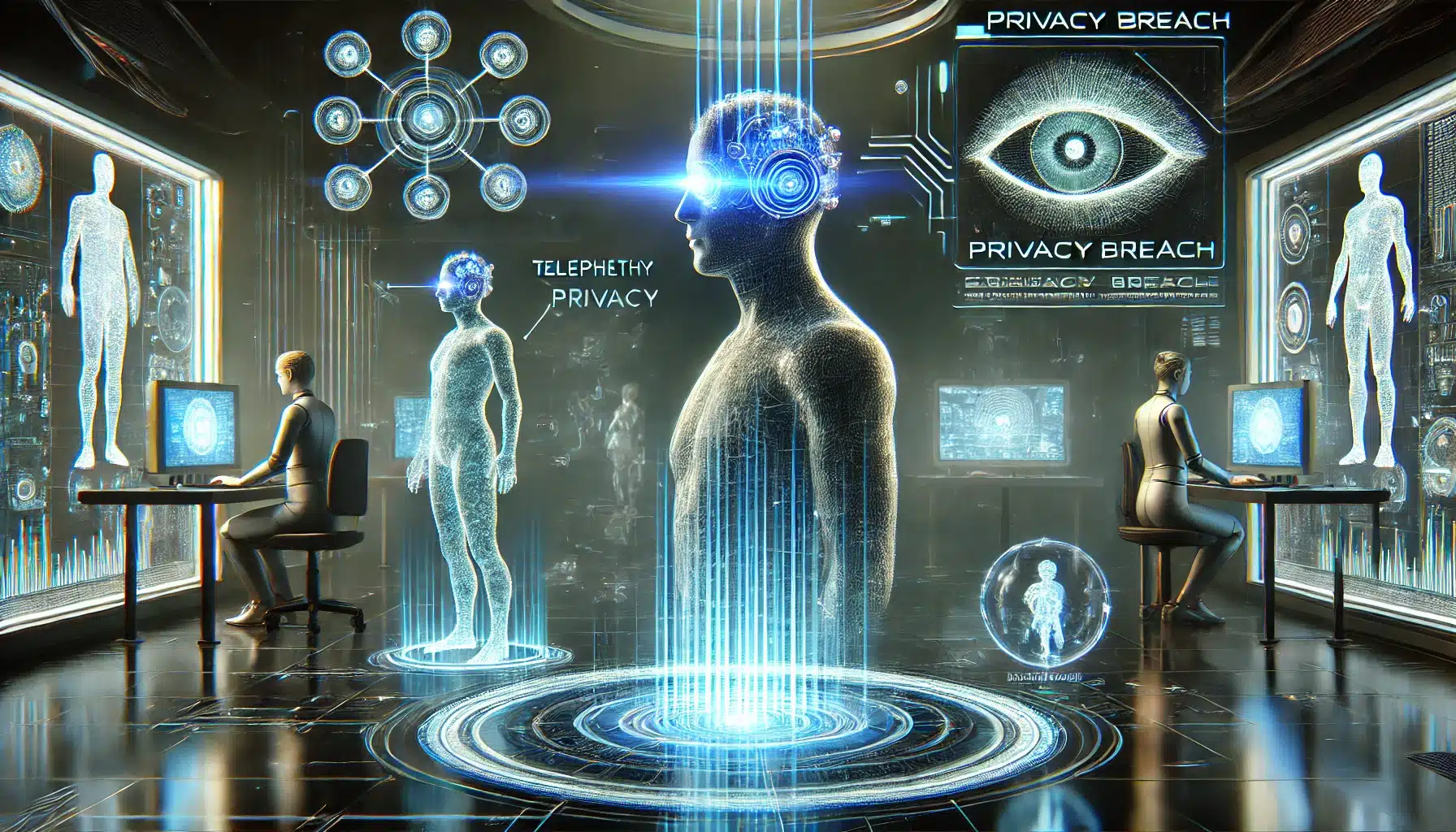 While everyone that uses a computer (and almost everyone does in one form or another) should take active measures to secure their information, the hard truth is that it is next to impossible to avoid being tracked by your cyber-footprint. All of us are being watched, all the time, and that data being stored forever. The surveillance state is efficient beyond anything George Orwell imagined.
While everyone that uses a computer (and almost everyone does in one form or another) should take active measures to secure their information, the hard truth is that it is next to impossible to avoid being tracked by your cyber-footprint. All of us are being watched, all the time, and that data being stored forever. The surveillance state is efficient beyond anything George Orwell imagined.
Yes, you can take measures to prevent cyber-snooping. You can limit what you search on Google from your smart phone and tablet and use computer web browsers that allow you to browse anonymously and delete cookies. You can create an alias for Facebook. Or you can attempt to really go off the grid by ditching your cell phone and only spending cash. But for most, e-mail, cell phones, and search engines have become necessities.
However, we all can be more aware of how much of a surveillance state we live in ways to minimize its impact on our privacy. Whether like it or not, we are being tracked all the time. Google tracks us, both on its pages and on other pages it has access to. Facebook does the same, even tracking non-Facebook users. One reporter used a tool called Collusion to track who was tracking him; 105 companies tracked his Internet use during one thirty-six-hour period.
How To Defend Yourself And Your Family Against The New Breed Of Lowlife Criminal Scum
Collusion is a Firefox add-on designed to create a real-time graph of all the tracking cookies being deposited on your browser as you move around the Web. The add-on differentiates between behavioral tracking (cookies that record links you click on, what content you view, searches you make on a site, etc.) and other potential tracking cookies. Collusion’s graph also makes it easy to see which sites are using the same behavioral tracking advertisers. Mozilla says that all tracking data Collusion collects is stored locally on your computer and never leaves your possession. You can reset the graph at any time to delete Collusion’s database.
AVG also now offers a “Do Not Track” feature on both its paid and free Anti-Virus program. The new tool works as an add-on with Internet Explorer, Mozilla Firefox, and Google Chrome browsers. AVG’s “Do Not Track” feature actively seeks out tracking cookies on your browser and alerts you when a site attempts to set a tracking mechanism. When it finds a tracking cookie, the anti-tracking feature will tell you whether it’s a tracking cookie from an ad network, a “social button” such as Facebook’s Like button and Google’s +1, or a Web analytics cookie. In addition to “Do-Not-Track,” AVG’s latest update includes a new feature called Wi-Fi Guard that alerts you whenever your computer attempts to connect to an unsecured wireless network for the first time.
But as helpful as these tools are, a reality check is in order. If the former director of the CIA, David Petraeus, failed to shield private emails from prying eyes, what chance do we have of avoiding the same scrutiny? All the major companies that provide us with Internet services are interested in tracking us. One experiment at Carnegie Mellon took real-time videos of students on campus and was able to identify one-third of them by comparing their photos with publicly available tagged Facebook photos.
Governments and corporations are more than happy to share collected data. Fixing this requires strong legislation, but government is as addicted, if not more so, to unlimited data at their fingertips. This is the world where your cell phone company knows exactly where you are all the time; the world where everything that you do on a computer is saved, correlated, studied, and passed around from company to company without your knowledge or consent; and where the government accesses it at will without a warrant.
The lure of convenience is too great. This is the world where we gave up our privacy with hardly a whimper.












